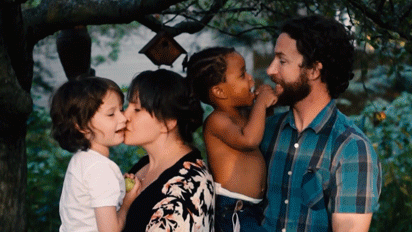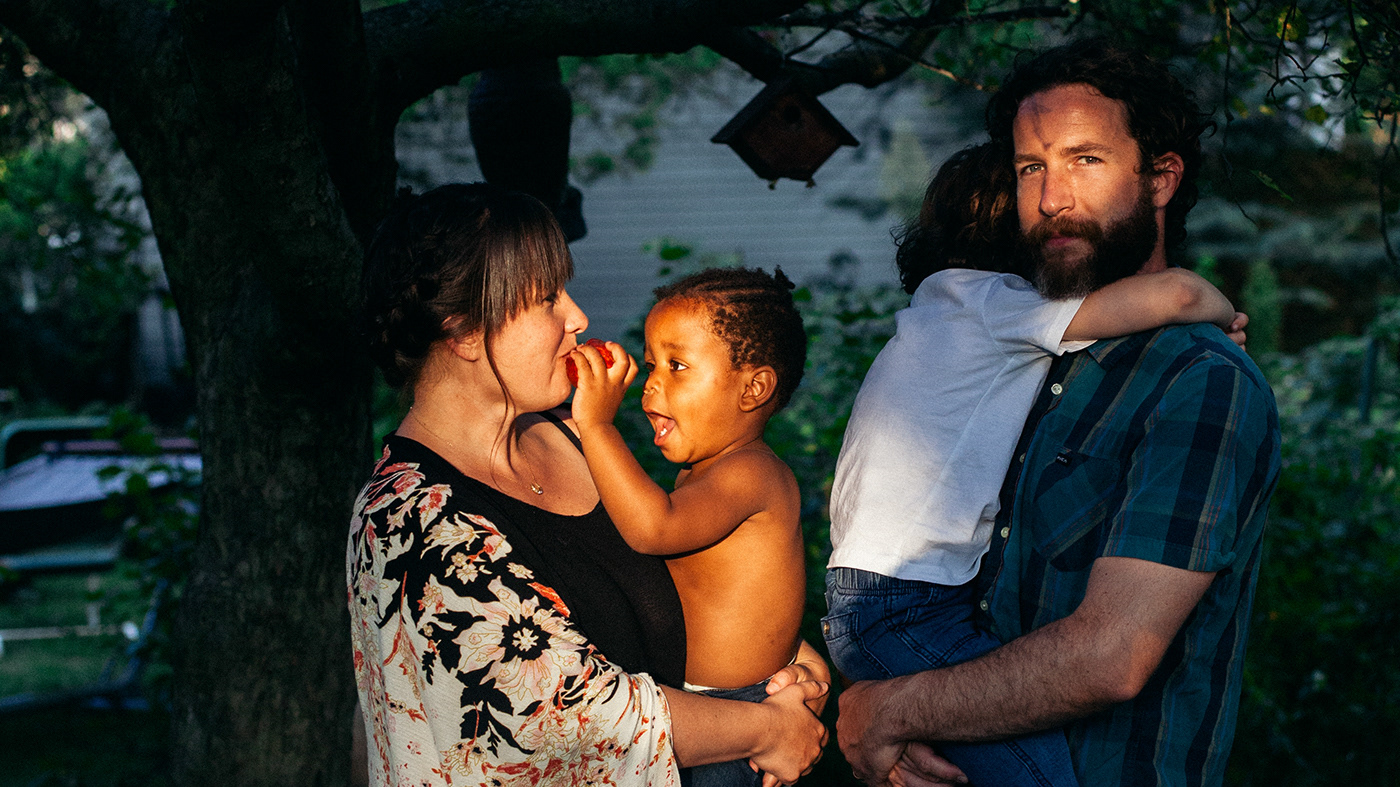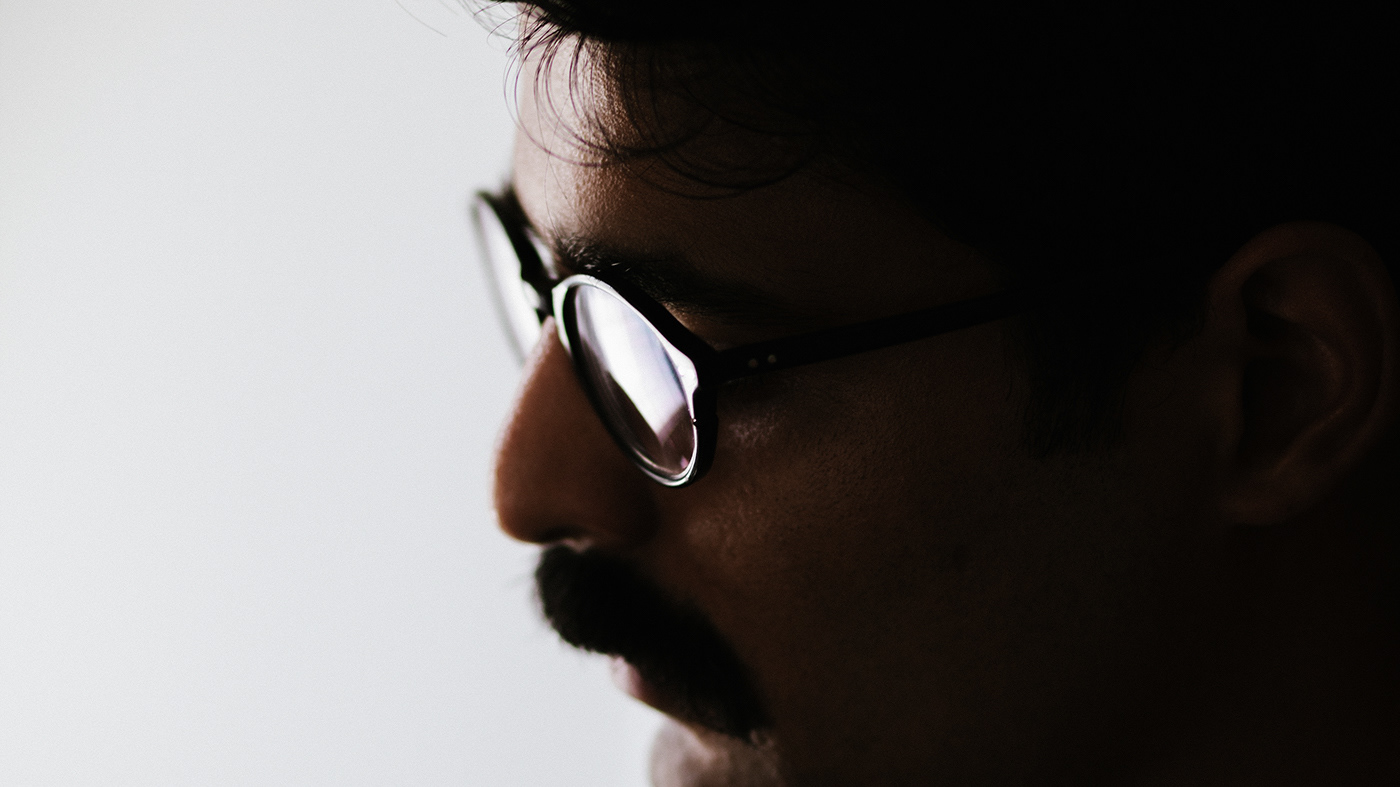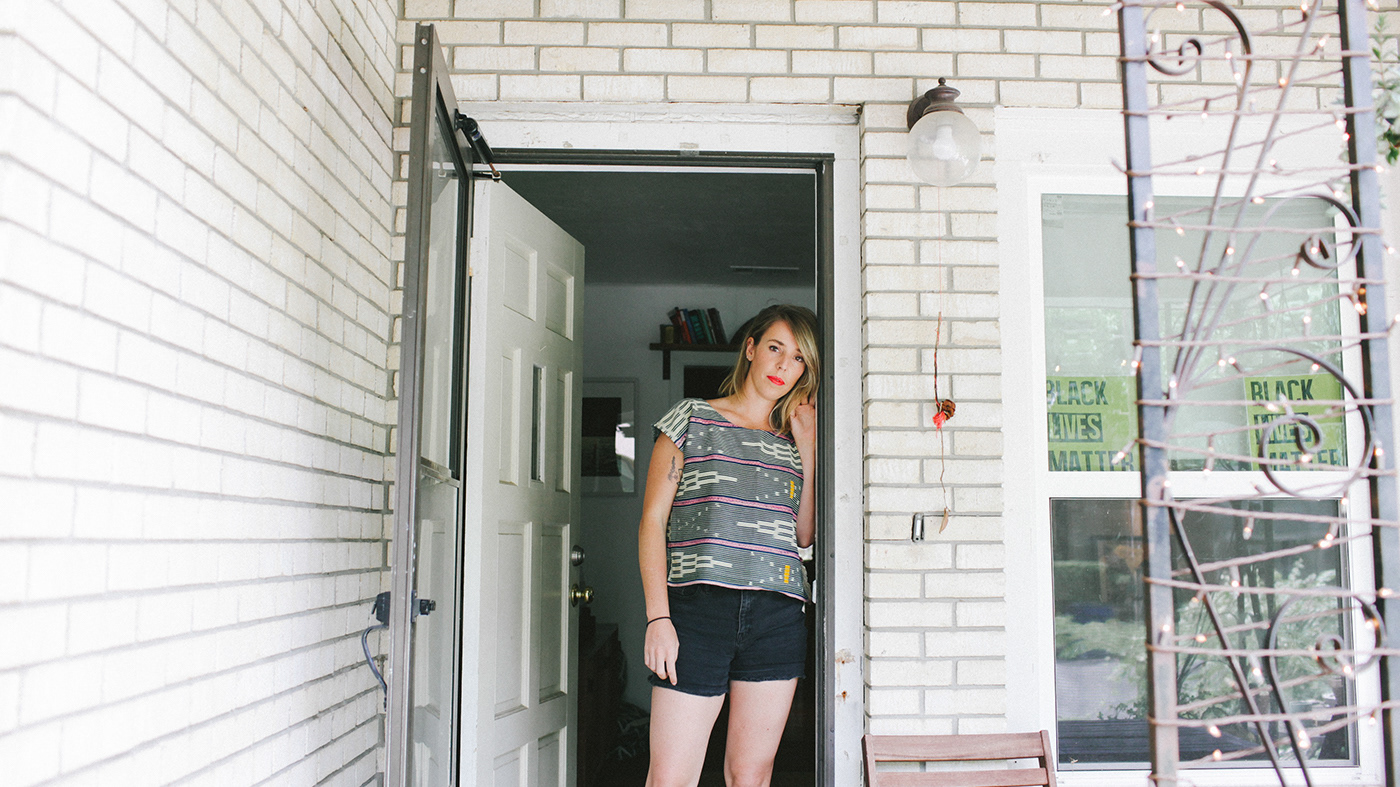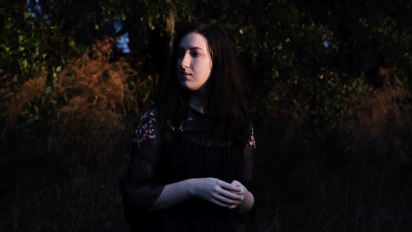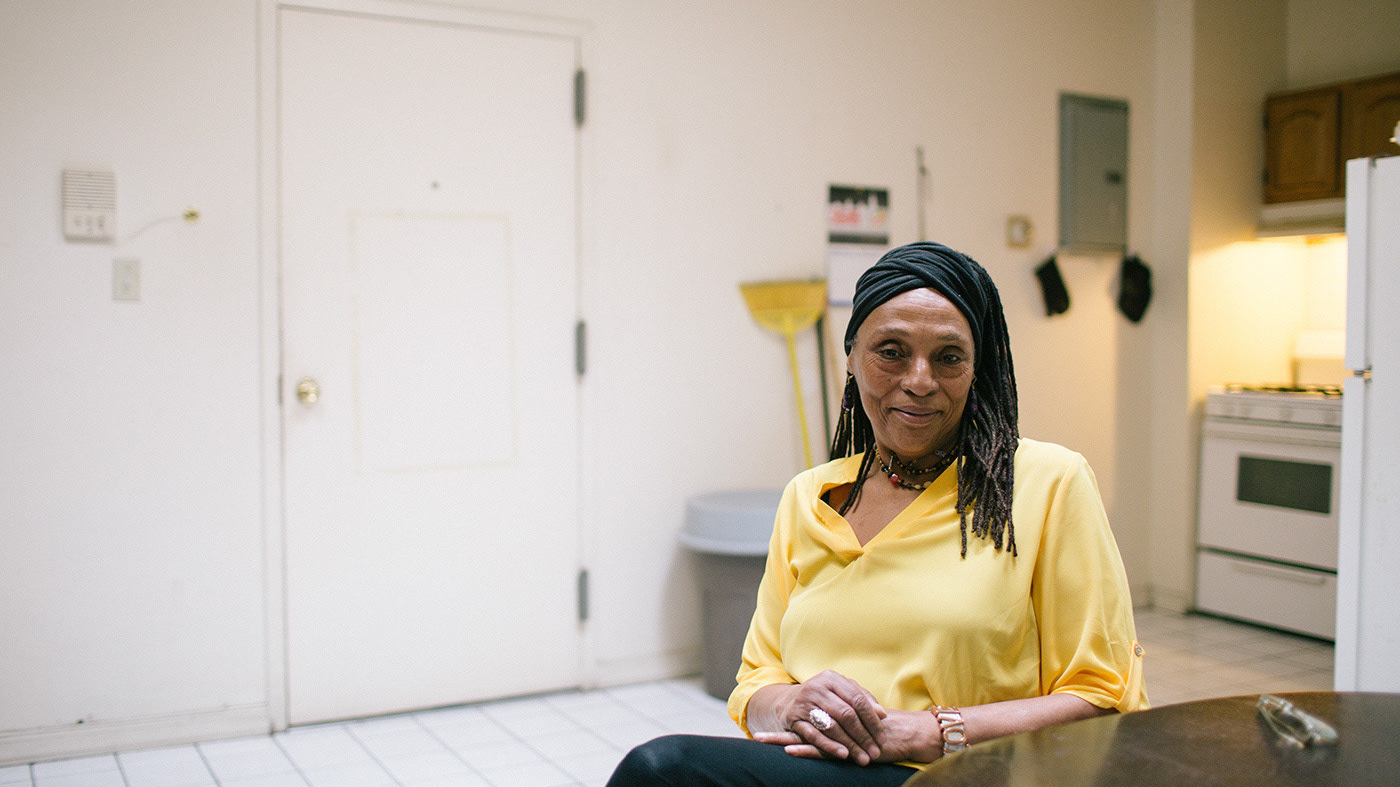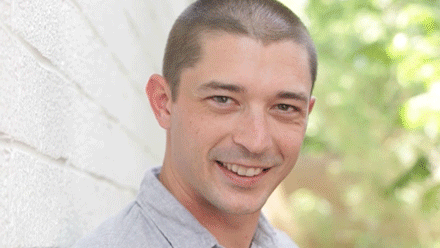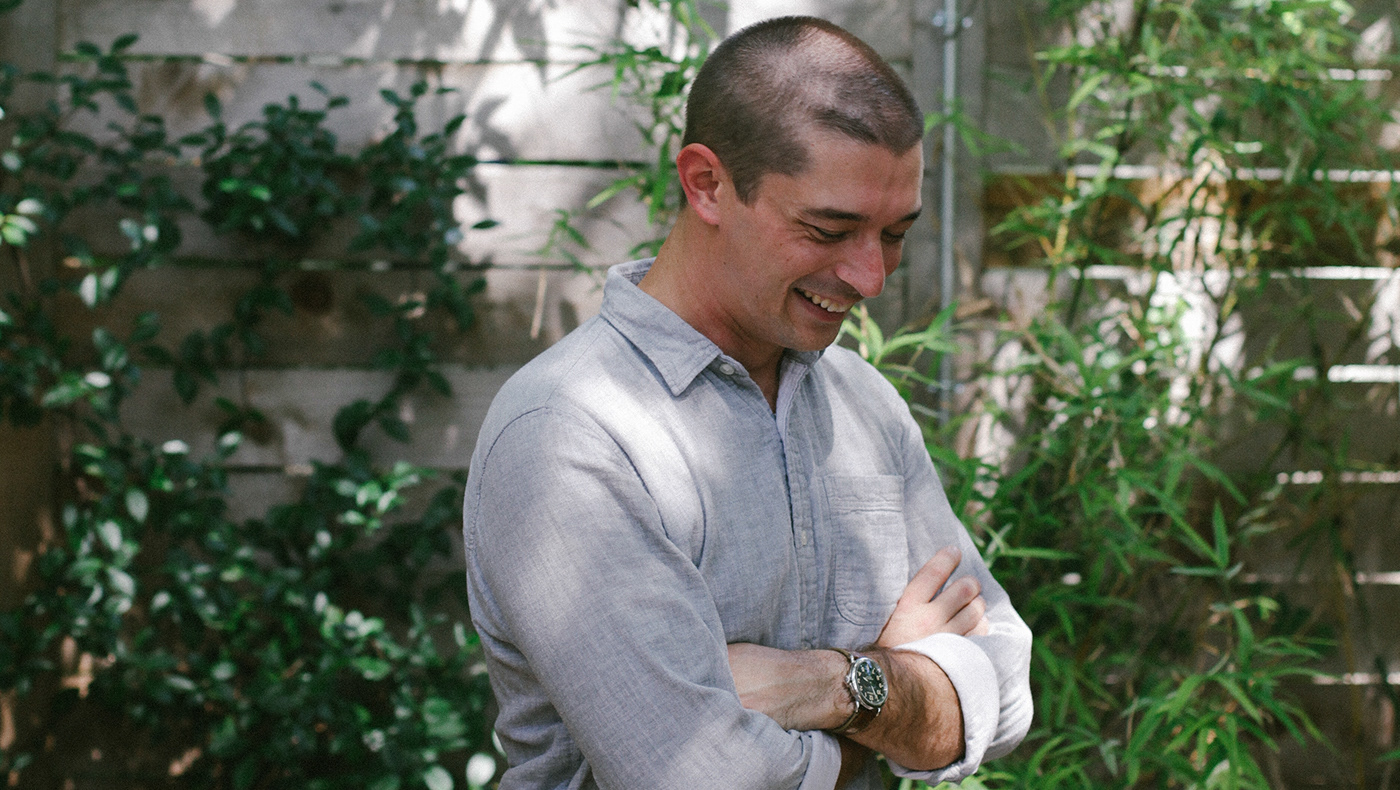west-coast transplant / law student / adoptee
As a south-floridian, New Haven is a novelty. People say hello when you walk past them. The trees can't hide the seasons change from you and there isn't a pair of sandals to be found. In the midst of this tiny New-England utopia, I sat down with Katherine to discuss the obvious, what she a Yale grad was still doing in town when so many after her had promptly departed.


"In none of these other cities could I find the sense of community, the sense of ease and the sense of tangible relationships that I found here."

On New Haven
"When I moved to New York, I immediately felt a sense of loss. I thought, yes, I guess I can have this job and live wherever I'm going to live. Some nights I felt secure in that. But most of the time, I felt like my life was an extended summer internship of sorts. My existence was shaded by an air of temporariness that never put me at ease. Whereas, when I would come back to New Haven, and would sit down in Wooster Square park, on one of these very benches, I would immediately think "Ok, I'm ok. I'm home."
I don't know when or how, but I found something in New Haven. Maybe I could have or would have found it elsewhere eventually. And, I've tried. I sought far and wide--coast to coast, across oceans, etc. But two years out of Yale, I admitted just hadn't been successful in finding a better alternative. New Haven was the sure-bet answer. I could spend my whole life looking for something New Haven-like, or I could accept that fate had already placed me and showed me exactly where I wanted to be. I accepted, and moved back to New Haven.
New Haven is perfect. For me, at least. It is and/or has everything I could want in a city to sustain my curiosity. It's big enough to begin to observe how cities work, and how people relate to each other in communities. It is "urban" enough to display the problems and social contradictions that people in cities have to work together nonstop to parse. But it's small enough for those kinds of exchanges--disagreements, conversations, chance encounters-- to happen on the ground, in the person, face-to-face, and mean something more than fleeting collisions. People here are readily available to jump in and get their hands dirty--to care zealously about fixing park benches and cleaning trash off the streets-- without necessarily hoping to be prized for their engagement. In many ways, New Haven is its own small town universe unto itself--people caring about random improvement projects, people caring about each other--but without the corny trappings of mid-century suburbia to discredit the innocence of caring. If you get involved--in politics or in the neighborhood--, then good for you, join the club, make merry with the rest of us-- but don't expect to be on your way to becoming president (laughs.) Take pride and enjoy just being a good citizen. It's a real feeling, like being wrapped in a cozy, productive, life-sustaining blanket."
On southern California
"I grew up in Southern California, San Diego to be exact. I was not a big fan. The ocean, the weather, and the lifestyle that complemented it all, never really appealed to me. I always felt like an outsider for not wanting to go to the beach; for not wanting to be outside. I'm actually very uncomfortable basking in the sun. It's nice for about 30 minutes, and then I get restless and want to do something productive. But where it's sunny and beautiful 90 percent of the year, relaxing in the sun was the name of the game, and it was a little infuriating. Apart from the lifestyle and the weather, there were certain attitudes in Southern California that I--as a 16 year old-- just didn't find resonated with the kind of person I wanted to grow up to be. There was a sense of intellectualism that I felt Southern Californians lacked, a passion for engaging with ideas, nerdy ideas, that people around me didn't want to partake in."
On developing relationships
"It's the small, everyday relationships you notice in close-knit communities like these that weren't within my scope of understanding growing up in California. I don't think I'm particularly special or gifted as a friend magnet, but I found that I was able to make small everyday sorts of connections with neighbors, with shopkeepers, baristas, town green janitors, and folks in the community who eventually had become my second parents or adopted big brothers or "Ne Haven" chums. People with whom I have virtually no relation other than the fact that I frequent their businesses or I walked past their stores, but without whom I'd be totally lost. These are the things made me fall in love with New Haven. And these are the things that have kept me here."
On tension
"There is a lot of tension between new and old residents. There has always been tension I suppose. But tension and disagreement, difference--these are the things I live for. They are the things that make human relations interesting and infinitely examinable."
"This is an old neighborhood that we're sitting in right now. This used to be the Italian neighborhood a long time ago. People purchased or built houses and held onto them for a little over a century. Then, in the 1950s, when Urban Renewal was en vogue and federal money was pouring in to 'clean up' so-called 'blighted neighborhoods' and race relations and suburban tract home developments caused extreme white flight, a lot of people just vanished from this area. Some were displaced by highway construction; others just decided to move away from the city proper. So, this gorgeous historical neighborhood became a seedy non-mans land for a while. Then, in the '70s, when all the world loved to hate urban places, folks flying under the radar came to Wooster Square were like, "hey, there is a bunch of cheap property, let's buy it." Thus, commenced the arrival of the newer "longtime" neighbors--those who got here in the '70s and consider themselves the real defenders of Wooster Square. Now, they're the ones who eye newcomers, especially mixed-use apartment developers, with suspicion. And for good reason most of the time."
"Today, we have a problem. The problem is that this is such an awesome neighborhood and it's very much at capacity. So if we want more people to join the party and sink their roots into this place--and I certainly want that-- something has to give. Which means new construction and expansion. Here's where it gets iffy--there are a bunch of new projects coming down the pipeline and new developers sniffing around interested in capitalizing on New Haven's so-called Renaissance, so the threat of rapid gentrification is real and ever present. What to do? Before answering that, I think the more meta-question must be asked: what is like the soul of this neighborhood? What kind of evolution is permitted or desired? Provided development must happen--what kind of development is good development? These are questions that affect people's lives very deeply. At the root of any answer lurks a very primal human sense that this is my territory, this is mine. And to an extent, those feelings those are valid. On the other hand, however, they're stifling. But "feel" what you may--any decision on this topic will have huge political and economic ramifications. If you're committed to your feelings, you have to roll up your sleeves and get to work on hashing out solutions. You can't necessarily trust that the city or developers or other neighbors will make decisions about your home that protect your interests."
I think that the tensions that I just outlined are both positive and negative. I think it's really positive that a place has tension. If New Haven didn't have tension it would be a sleepy little town where nothing happened. Too much tension, however, and it becomes a war zone. I think the key is getting into a mindset which permits you to work with and among the tension."

"What do you want? If you are beating your brow to make a certain amount of money to live a certain type of life with certain comforts, you have to ask yourself what kind of life you truly want. I answered it for myself. It's here. It's right here."


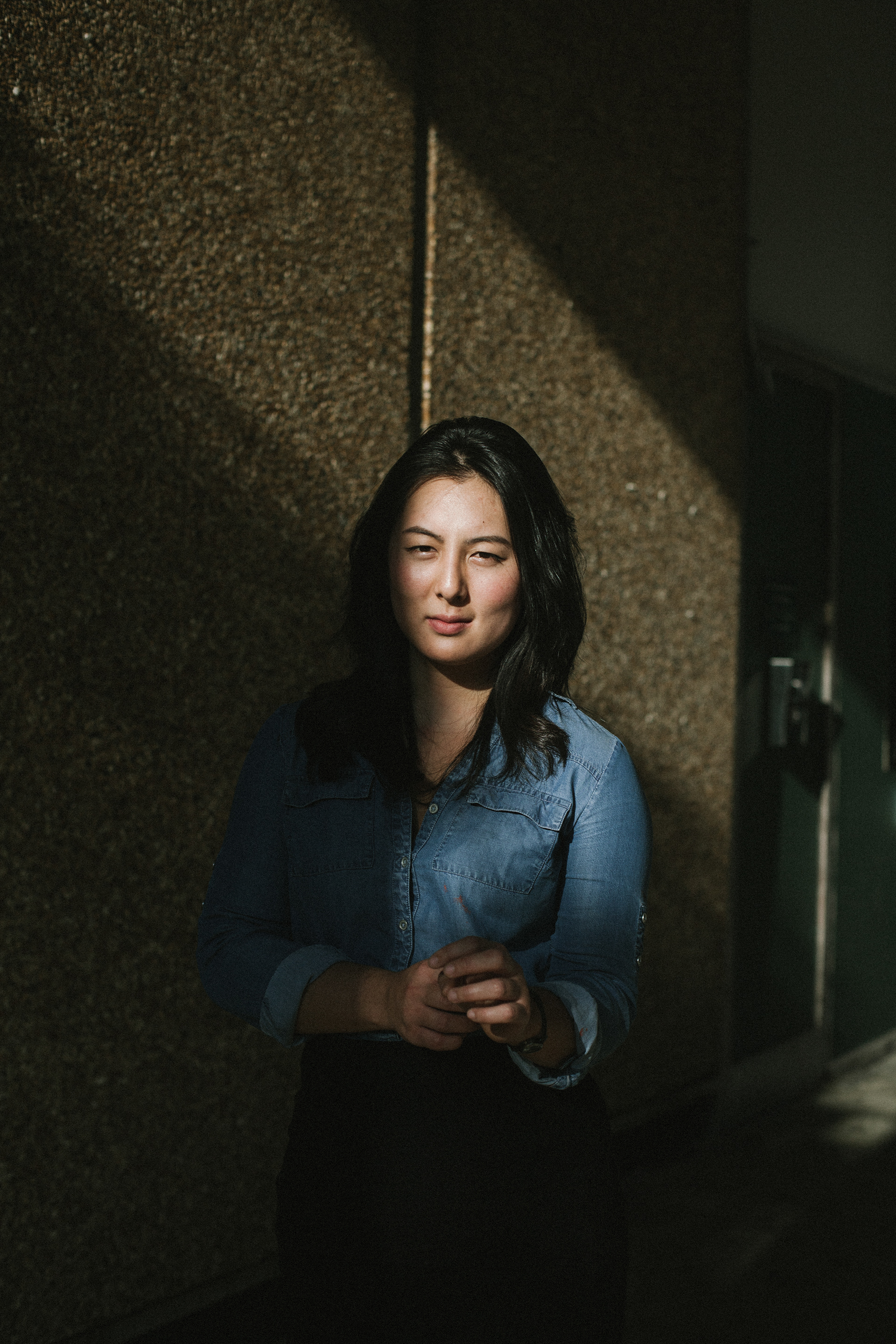
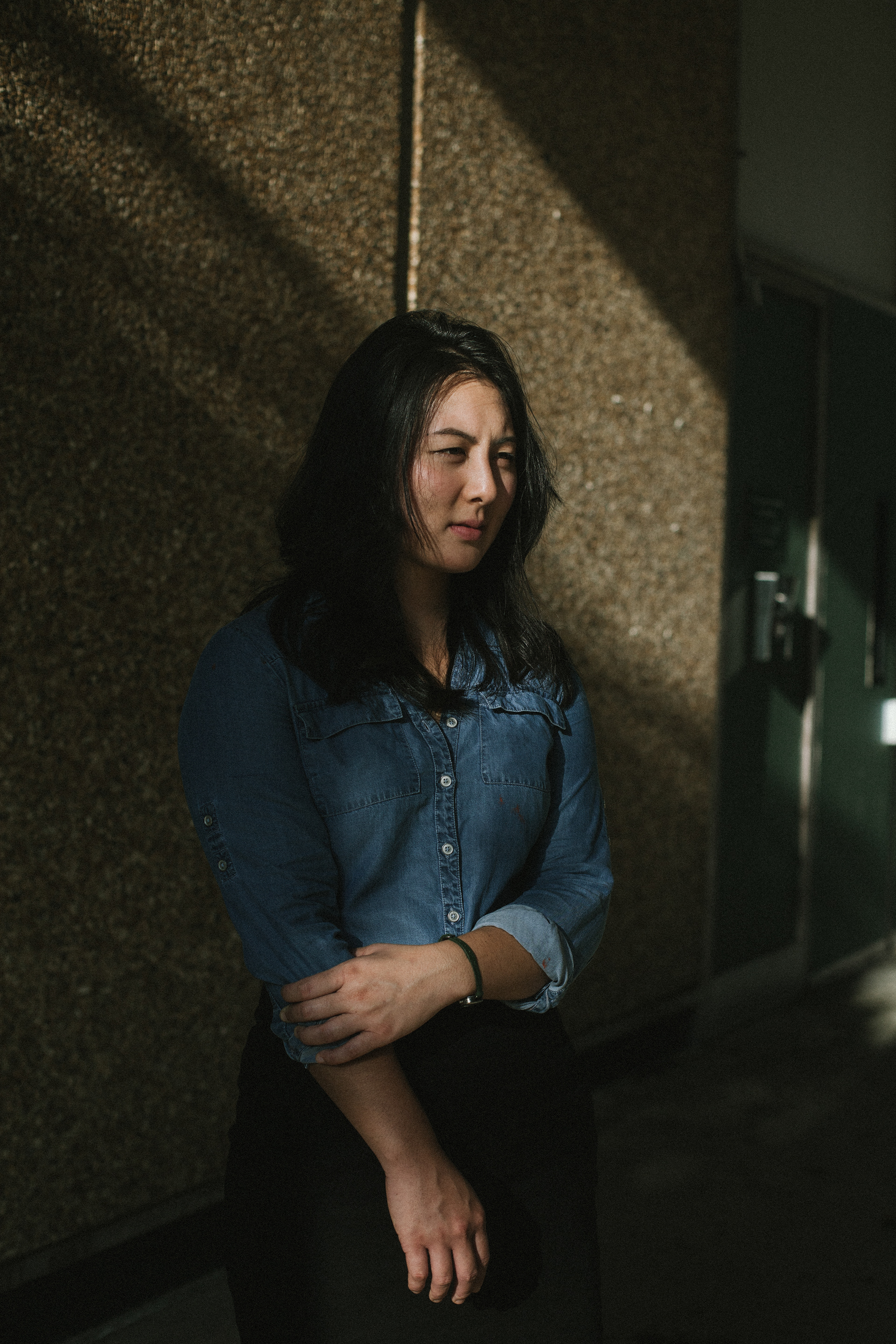
On rediscovering home
"When I graduated from Yale, I got a fellowship to go to Spain for a year and I moved there in late 2014. I spent 9 months out there and then started thinking about where I wanted to move to when I got back to the states. This was a monumental decision for me. I don't have a home in Southern California anymore. My parents lived in China for the majority of my undergrad experience, so home was not based on where they were. Plus, they weren't the home I needed. I needed to find a place to put down roots and invest feelings. I decided that I was going to move back to New Haven. It was, at the time, the best place to sink roots, so I acted on it. And that decision changed everything.
At one point in my life, I lived in Napa. I moved there for a job, and, having been ripped from New Haven for a second time, I could only see Napa for its flaws. It wasn't what I wanted, therefore I could only pick out what I didn't like about it. To me, Napa felt like just one big strip mall--one thoroughfare that served as the lifeblood of the city given that it boasted Marshalls and a big-box grocery store and Wal-Mart and Target. And that picture doesn't even count what visitors to Napa thought was the center of life--wine bars, vineyards, rolling hills, fine dining, and all the things normal people can't and don't care to afford.
I blocked the wine country appeal from my mind early on and began looking for life on the ground. Granted, my judgment was clouded because I was looking for New Haven in Napa. Still, the essence of what I was looking for--people and place blending and grounding me in a sense of place-- didn't seem to exist in Napa, or had since been replaced by the thoroughfare or the get rich quick notion of building to accommodate tourism and tourism-adjacent purposes. Napa was on a path, and the core values driving that path didn't align with those driving mine. I recognized Napa wasn't going to be my home as soon as I came to accept that what it had to offer me wasn't it. There just wasn't any sweetness to it, you know? It wasn't love. I think it's harder to cultivate a sense of home a place you haven't fallen in love with."
"I'm not sure which comes first: love or home. For me, it was love. So here I am."
From San Diego, CA
Lives in New Haven, CT
